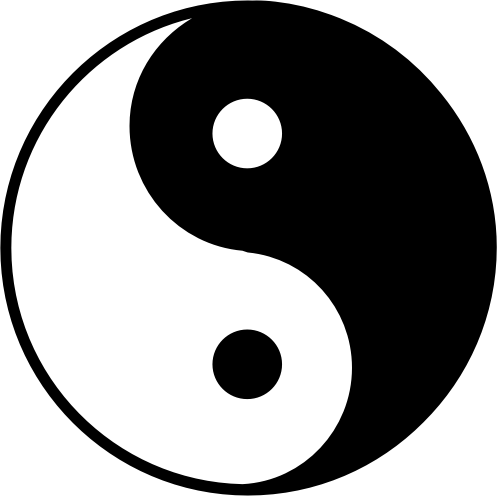
Financial wealth is not a function of working hard, it is a function of services rendered. When we remain within ethical boundaries, the difference between the commoner and financial elite is the amount of services rendered. To put it in layman's terms, a wealthy person is someone who has rendered services to alot more people. The way to achieve this is by scaling and drying up your work.
To explain what I mean by scaling and drying, I will use the fictional story of a carpenter who rises from common laborer to multi millionaire. This simple illustration will shed more light than any intellectual definition that I can give.

We start with a man named Gomez. He is a construction foreman and very skilled carpenter. Gomez works for a real estate company and is in charge of constructing the frame and roofing of houses. For his skills, the company pays him $90,000 a year, a respectable salary. However, as a carpenter, Gomez can only work on one house at a time. No more than that! The work is difficult and certainly value producing, but the amount of people Gomez can render services to is limited to one client- his employer.
Gomez is tired of corporate ceilings on top of overworking, he decides to leave the company he works at to open up a school. He has decades of experience teaching men and women the fine skill of carpentry and has learned from the field that the marketplace lacks decent schools. Gomez opens up a school which charges $20,000 to learn carpentry for nine months. He personally teaches the classes himself and spends eight hours a day with his students. He enrolls 30 students in the first year. The second year he enrolls 50.
Gomez went from making $90,000 a year after a decade working for an employer to making $1,000,000 the second year he has been teaching others. What happened? The answer is simple, scaling! Previously, Gomez was rendering services to only one entity- the employer. Now he his rendering services to 50 individuals.
Although certainly an improvement from the daily grind, teaching can be quite tiring and it is certainly a repetitive job. Our carpenter friend is repeating himself once every nine months. It is also very likely that he finds himself repeating the same thing across different courses within that nine months. Carpentry is a field dominated by principles and mathematical laws that won't change. Most of the material Gomez finds himself repeating in each class probably won't change in the next 20 years. What's the point of repeating the thing that has been said nine months ago. Repetitive work is for machines, humans are meant to live unique interesting lives.
Gomez knows he can do better. He begins recording his classes. Over time, he builds a collection of his best recording sessions. He compiles that library into an online course, and begins making it available for sale via the web. Not only does Gomez no longer need to repeat himself, millions now have access to his teachings online. Gomez sells his carpentry fundamentals course for $60 via the internet. He sells an average of 3,000 courses per year, approaching close to $200,000 annually. Gomez no longer needs to work! This was an example of DRY (Do Not Repeat Yourself). Drying up your life means doing work once and getting paid for it over an extended period.
Since Gomez no longer does the repetitive work of teaching, he now has free time. Instead of vacating at the Bahamas, our young carpenter is ambitious. He wants to spread his techniques throughout the world for he is convinced it will make construction safer and more effective. Over the past decades of working and teaching, he has been exposed to countless repeating themes in regards to what methods work in the field and what forms mature capable carpenters. He decides to write a book!
Writing a book is perhaps the DRY(est) work one can do. Writing a book is the art of synthesizing repeating experiences into an abstraction that can be used as a reliable principle. Gomez only has to write a book once, but if it is going to be a good one, it will take time.
It took Gomez 15 full months of deep thought to complete his book. He decides to self publish through Amazon and collects a royalty of $7 per sale after taxes and distribition. When the book is released, he sells 700,000 copies within the first month. He has made $4.9 million dollars for work he never has to repeat. More importantly, the book will continue to sell over the years, and Gomez will continue to get paid. The selling of books is an example of scaling and drying.
To prevent moral hazards, it is important I mention that repetition DOES have a place in nature. You cannot properly abstract something until you have mastered it, and mastery requires repetition. Therefore, DO NOT try to skip steps. Don't be like the foolish who tries to sell abstractions without long previous tested experience to back it. You must pay your dues as they say. Start at the bottom, as a laborer.
Did you know that when it snows, each and every snow flake is unique. Nature never repeats herself. We should strive to become like her. We are not here on earth to live a conveyor belt lifestyle but to have unique experiences. DRY is a concept I've learned from programming. It is short for Do Not Repeat Yourself. While every programmer strive to write dry code, people should strive to live DRY lives. Stop doing repetitive work. Machines can do that, and at some point- they will.
